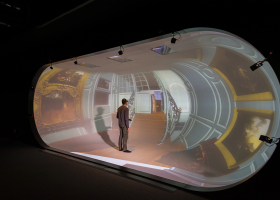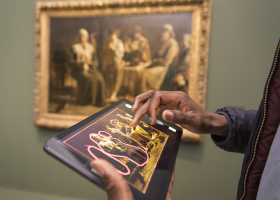Certain sections of The Action Plan for Business Growth and Transformation (PACTE law dated May 22nd2019) have modified the Allègre law on innovation and research of July 13th1999. The aim was to simplify the process for researchers wishing to create or participate in a company.
The PACTE Act regulates and facilitates three measures enabling a researcher to take part in the creation of a company as a partner or manager, provide scientific advice or assistance to companies and become a member of a company's management bodies.
There is just one condition for those wishing to benefit from this scheme - they need to have been continuously employed by the CNRS for at least a year, regardless of their CNRS rank (researchers, academics, engineers and technicians). However, non-civil servants only benefit from the first two measures namely business creation and scientific assistance. Employees should apply for authorisation from their public employer in accordance with the conditions of the general provisions of the Research Code (Article L531-14) before negotiating the transfer contract and registering the company in the Trade and Companies Register (RCS).
The InSHS's Innovation, Valorization and Industrial Partnership Department advises and supports project leaders who wish to set up their own company in cooperation with CNRS Innovation's 'start-up department' and its ad hoc RISE programme set up in 2019.
The RISE programme chooses the most promising start-up creation projects in two annual selection rounds. It also provides entrepreneurial support (intellectual property study and strategy, business plan, patent mapping, building the right contacts, finding public or private funding, entrepreneurial training, team building). The projects selected in the framework of RISE have a level of maturity that means the creation of a start-up can be envisaged within the year.
CNRS Humanities & Social Sciences is in joint third place (with the CNRS Biology) in the rankings of the 10 scientific directions for the number of projects submitted to the programme since 2019.


